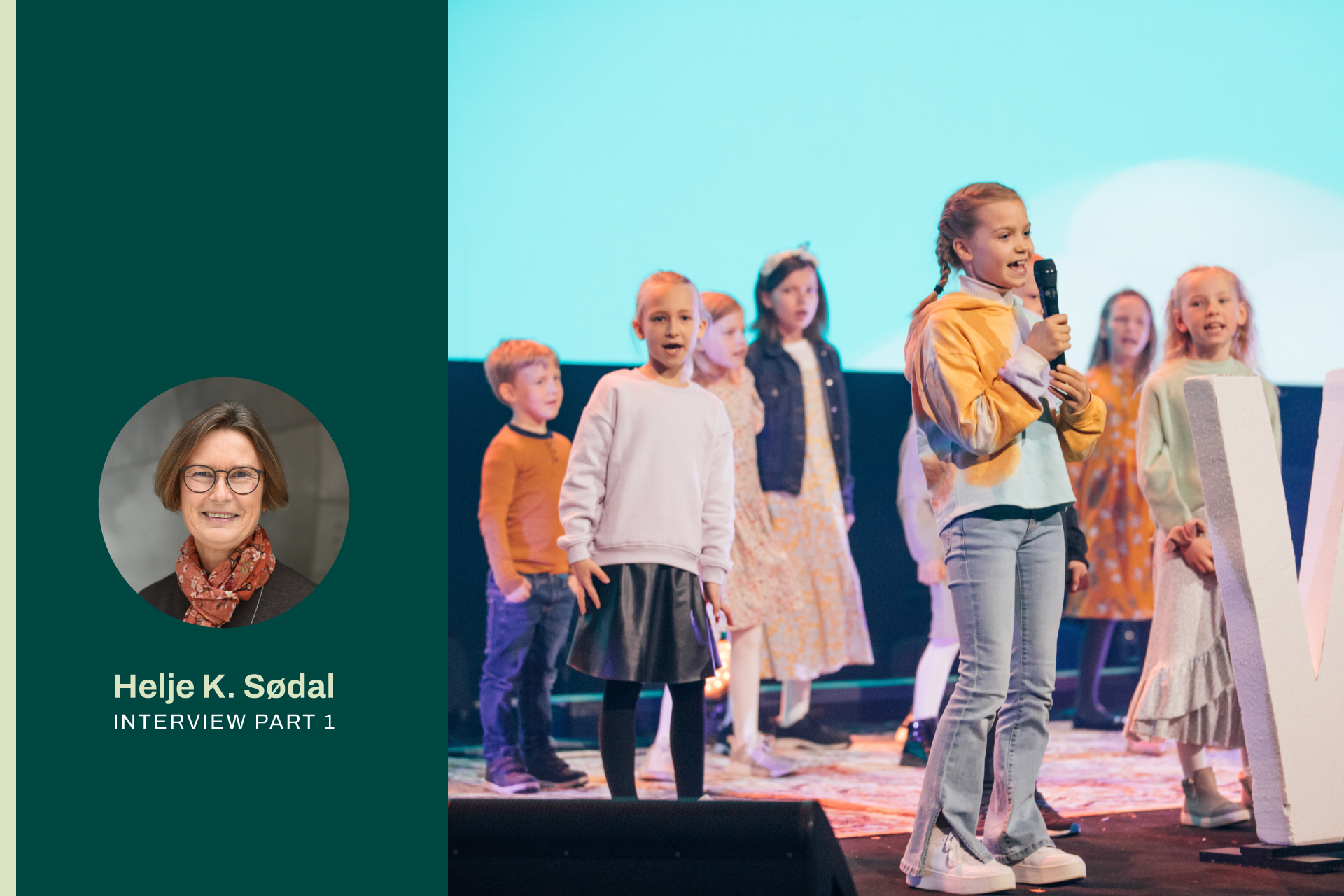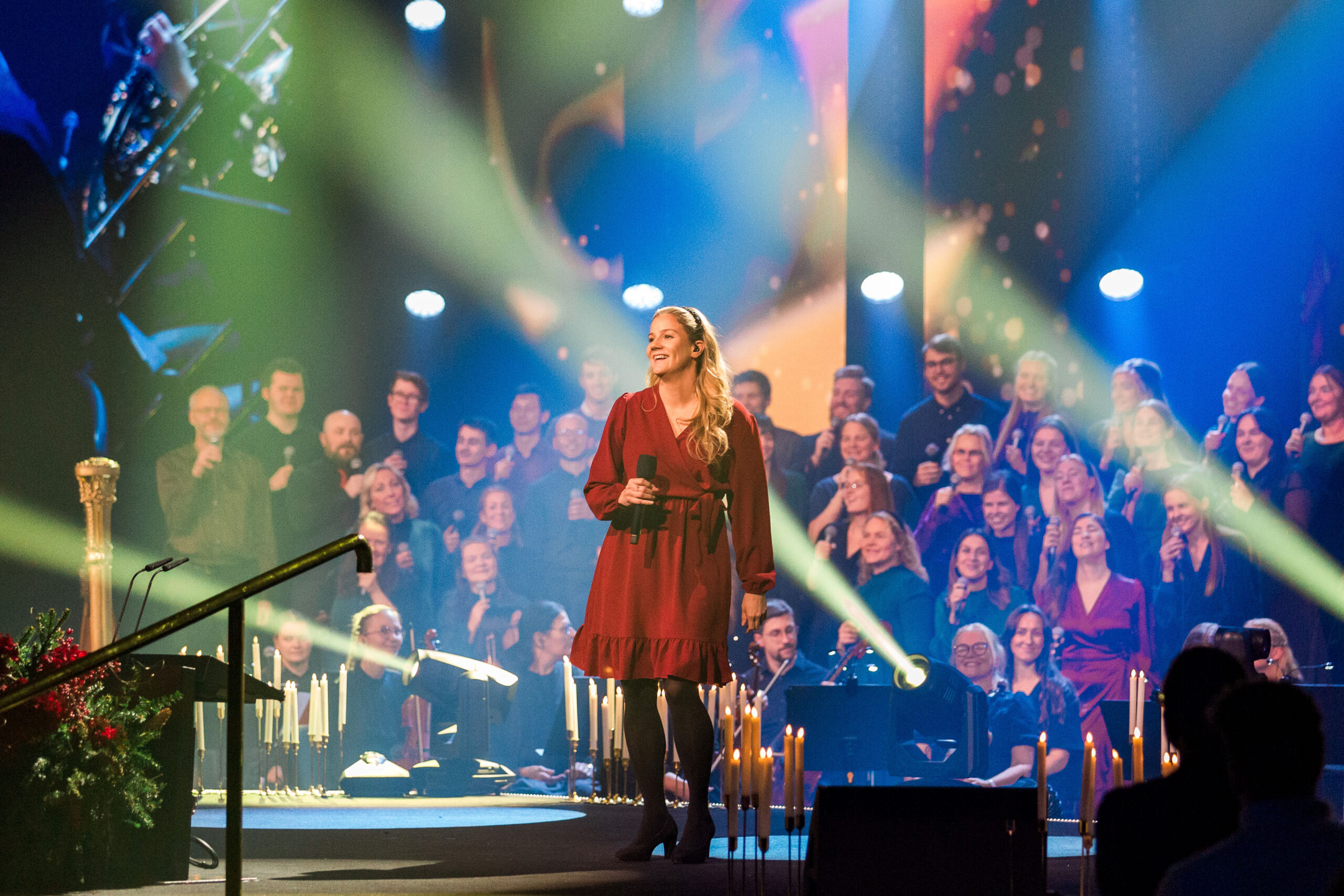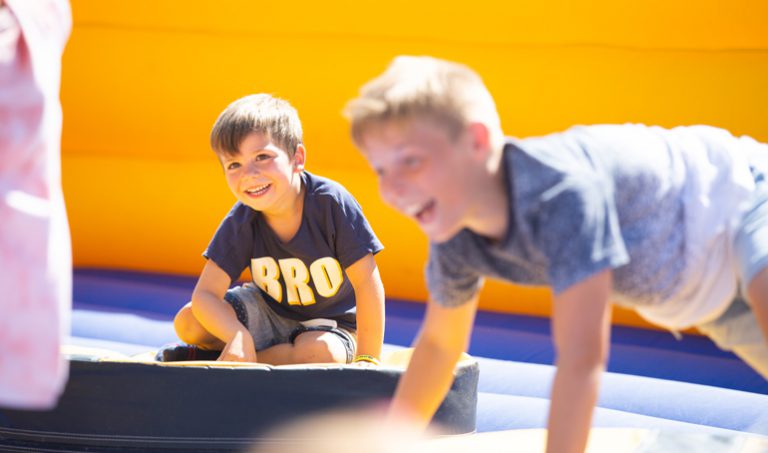The professor was recently interviewed in the Norwegian Christian newspaper Dagen, and stated that the task of parents has become greater when it comes to communicating the Christian faith. Prof. Kringlebotn Sødal elaborates:
“I came across the phrase ‘habits of faith.’ It says something important about how many people develop faith—by doing something regularly. For a long time, ‘habitual Christianity’ was a negative term in revivalist circles, where it was understood as dull and non-committal Christian adherence. But habits can also build faith and make it durable. Singing, fasting and free prayers, storytelling and everyday ‘faith talk’ are part of what I call faith habits.”
To explain in more detail what she means by “habits of faith,” she points out that many Jews are good at this:
“They have regular prayers during the day and regular blessings for small and big events, concrete things that make spiritual things everyday and life-like. The mezuzah is a good example. This is a small box with two scriptures inside, and it is attached to a building’s doorposts. One scripture is about both children and everyday habits of faith: ‘You shall teach them diligently [repeat God’s words and commandments] to your children, and shall talk of them when you sit in your house, when you walk by the way, when you lie down, and when you rise up.’ (Deuteronomy 6:7).”
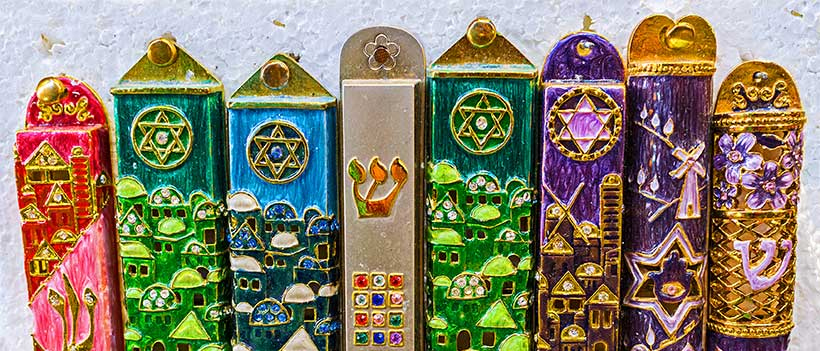
Take children’s faith seriously
Kringlebotn Sødal has specific advice for Christian churches that want to convey a sound and safe faith in their work with children:
“Take children’s faith seriously. By that I mean adapting faith education to the children’s level of maturity. The younger the children are, the more important it is to convey a reassuring image of God—that God is good and wants the very best for people. There are also other aspects of God, but they don’t all need to be communicated at the same early stage. If the fundamentals of God’s love aren’t put in place first, children can easily think of God as an intimidating ‘chief inspector’ rather than as a savior.”
She emphasizes that Christian churches have consistently helped to give children and young people a safe and meaningful upbringing, and mentions specific examples:
“The services offered by Christian churches are preventive, for example when it comes to negative experiences related to substance abuse, loneliness and feelings of worthlessness.”
Ta barns tro på alvor. Med det mener jeg å tilpasse trosformidlingen etter barns modenhet. Jo yngre barna er, jo viktigere er det å formidle et trygt gudsbilde – at Gud er god og vil menneskene det aller beste.
She also points out that children growing up in Christian environments need a good balance between church life and everyday life, where they may need support from both parents and the church to function in a secular society. We will come back to that.
The 62-year-old keeps a blistering pace
To get to know this active lady, who bikes to work at the University of Agder in all kinds of weather, we asked her to tell us something about who she is. We get a many-sided description:
“What I do says something about who I am: I love being outdoors and I enjoy being with family and friends, especially with my children, grandchildren and siblings. I work out and regularly join a Bible group, a literature group and a group of girlfriends. I’m also part of the church council and a program for adults in Oddernes church in Kristiansand. I’m on the board of Fjellhaug International University College, and I often give lectures on religious topics to various organizations and congregations.”
This pace would have been enough to take most people’s breath away, but she doesn’t stop there:
“As a professor, I have varied and interesting tasks within teaching, research, guidance, and administration. Importantly, the job has given me the opportunity to meet people of different faiths, both in Norway and around the world. I am grateful for that.”
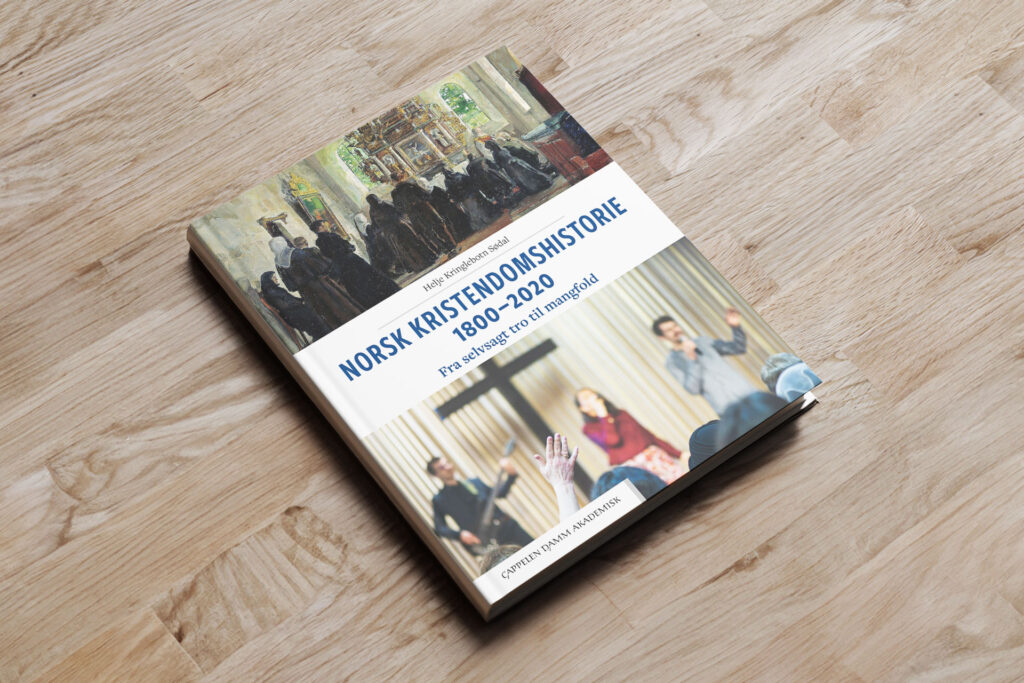
In the second part of the interview
But what does Kringlebotn Sødal think about growing up as a religious minority in a secular society? What does research say about children and Christianity? And can human rights be threatened when it comes to freedom of belief and expression? We will try to find answers to this in the next part of the interview.

